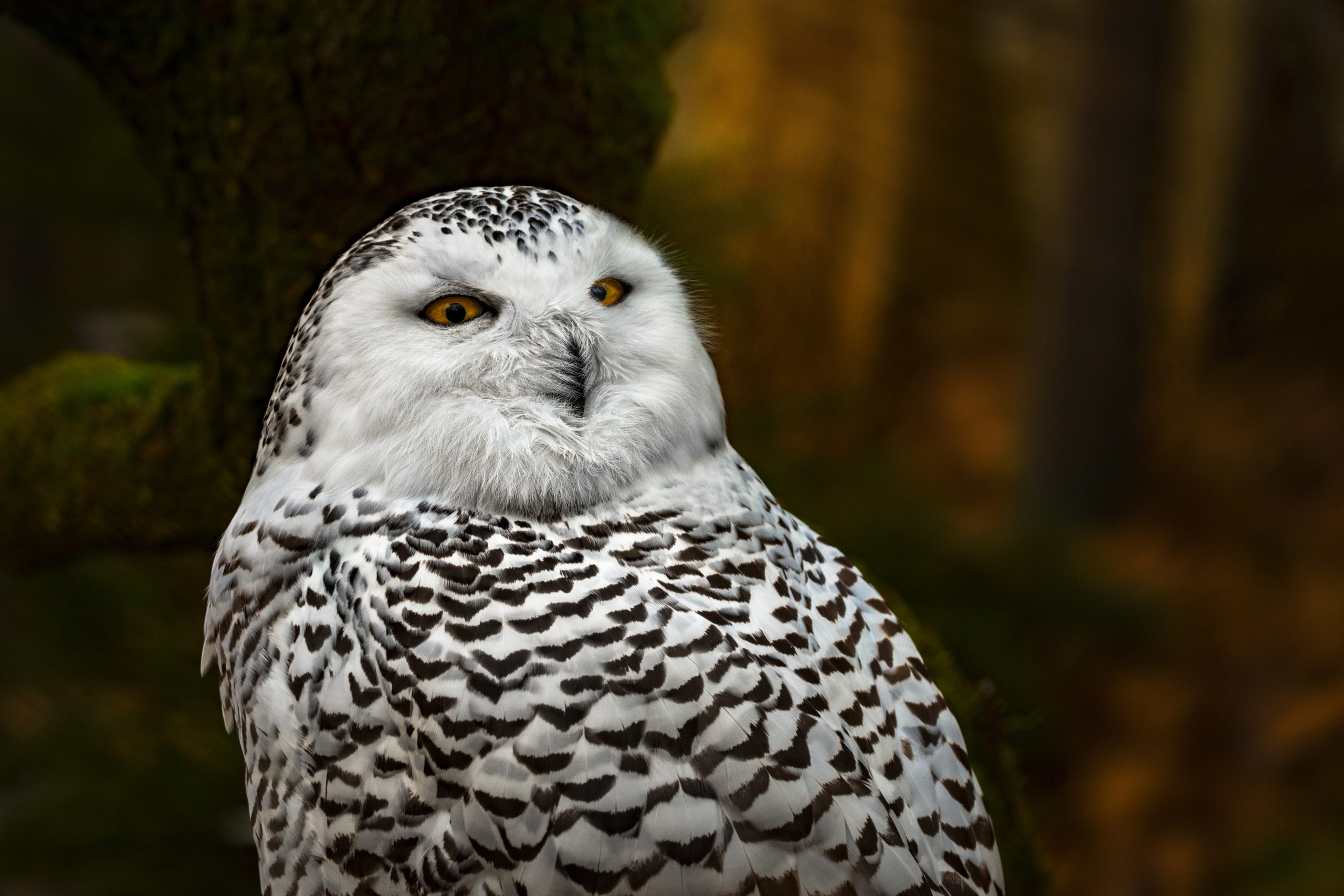Looking back at the past year and the leadership clients with whom I worked, I have a feeling of gratitude for my body. Each client is so unique, yet I found the knowledge to provide a mirror and ask insightful questions to help them get enough clarity, self-awareness and understanding to move forward. To help them be more human in their life and leadership!
How do I find such knowledge? By paying attention to what my body senses and feels, and what my insights are telling me. There is wisdom in my body.
My somatic coaching teacher, Richard Strozzi Heckler, recently said something so succinctly that it bears repeating. “Our history resides in our physical body, our nervous system, our glandular system, our tissues.” We are not a separate brain but are whole.
A coach first has to really listen deeply and see broadly with a client. And then ask meaningful questions! When I do that, my body may tell me that the client needs support or self-awareness, or a more life-affirming interior voice. Sometimes the message may be that I need to reach out from my heart, or help a client strengthen their backbone, or show that the limitations the client is feeling are not true limits. Many times, a few simple practices I might suggest can help a client get in touch with their own senses and begin to develop their own body wisdom.
Once I get the information from my senses, I ask questions to see if it fits for the client. Our Western culture is geared to the brain and moving straight to promoting solutions, but I believe good communication and successful coaching require good insightful questions.
Perhaps when you saw the title, The Body of a Coach, you expected me to talk about fitness, exercise, nutrition and general health. After all, it is the season for New Year’s resolutions! Athletes have trained bodies, not necessarily wise bodies. Many who have strong, disciplined bodies cannot scan or understand their human senses. They may pay attention to their bodies when in physical pain from an injury, but often they are training to be able to ignore what their bodies tell them. They may like what they read about the benefits of meditation, but be unable to slow down enough to pay attention, reflect and get more in touch with themselves.
I coach leaders, and a good human-centered leader finds the capacity for empathy, resilience, and creativity by paying attention to what their body is saying.
My personal thinking is well-trained in science, and I have advanced college degrees. I love new ideas and innovation. I’ve taught high-level university courses in critical thinking and systems thinking. I come from the world of “head first” and intellect. So, I understand trying to solve problems and winding up going in mental circles, hitting the limits of what the brain can do on its own and why we need the intellect of our bodies.
Over 20 years ago, I became aware that something was drastically missing in our “head first” world: we were missing our humanity and human connection. I was missing my body. Now I understand what is missing from our leadership and organizations. There is a movement in business from surviving to thriving, to well-being and our organizations are looking more than ever toward inclusive stakeholder leadership or the social enterprise. There is a nascent understanding that organizations are human enterprises. And having happy, fulfilled, productive employees requires promoting their humanity.
I’m lucky! My coaching practice is primarily with highly intelligent executives who have also noticed that something is missing for themselves and their organizations. They are intrigued by some of the new/old concepts of more human organizations like stakeholder leadership or the social enterprise, and want to understand how to create more human-centered leadership in themselves and their organization.

